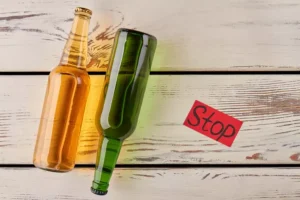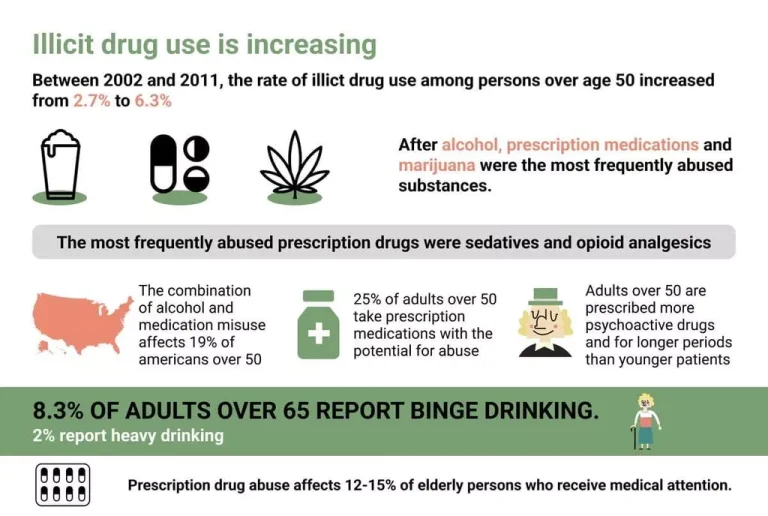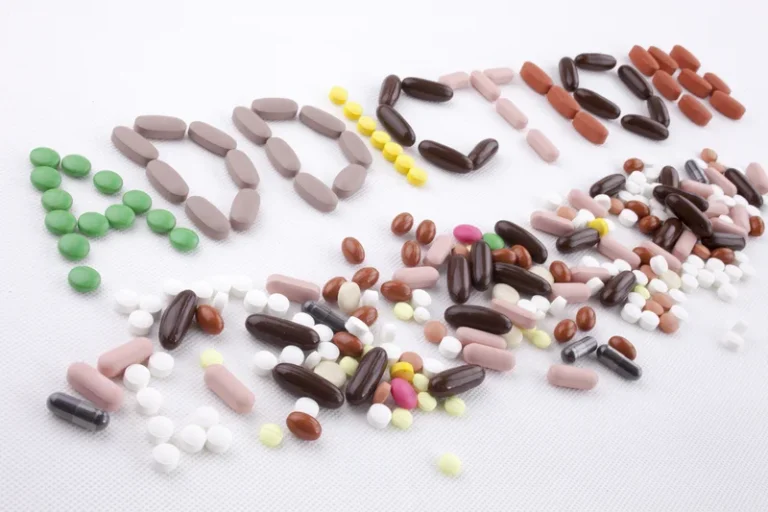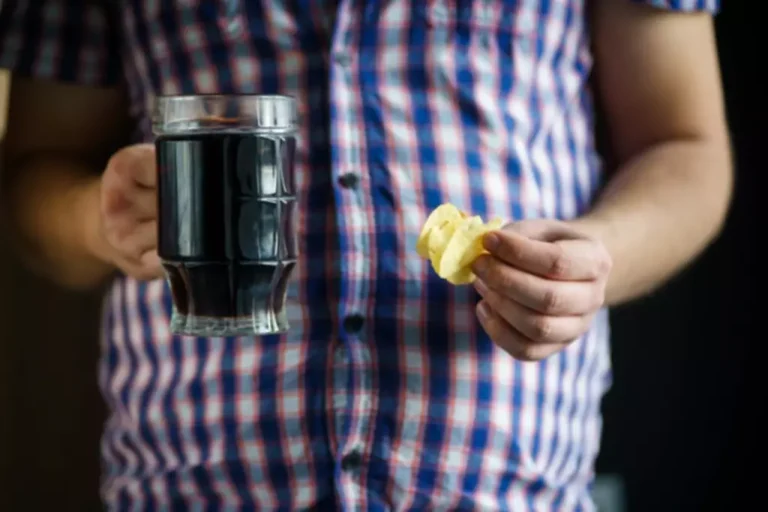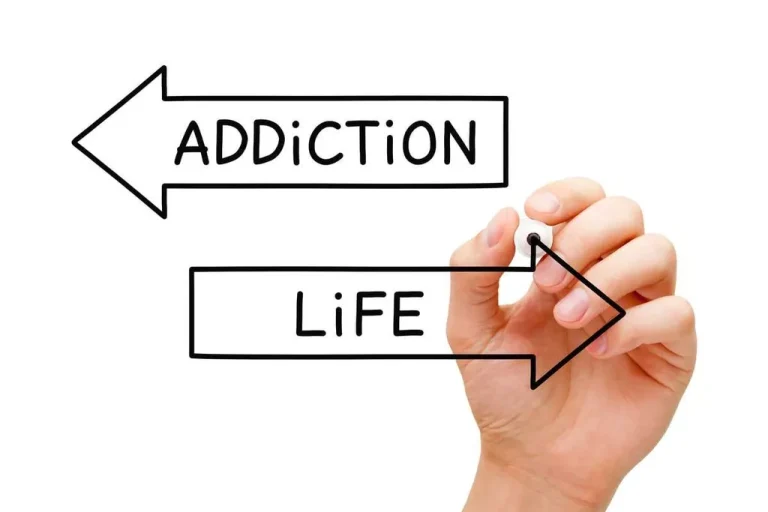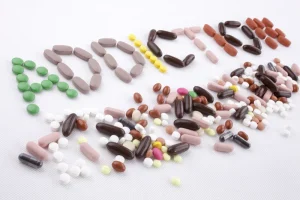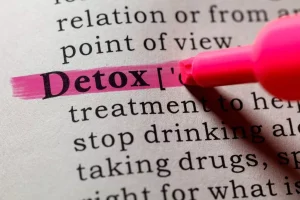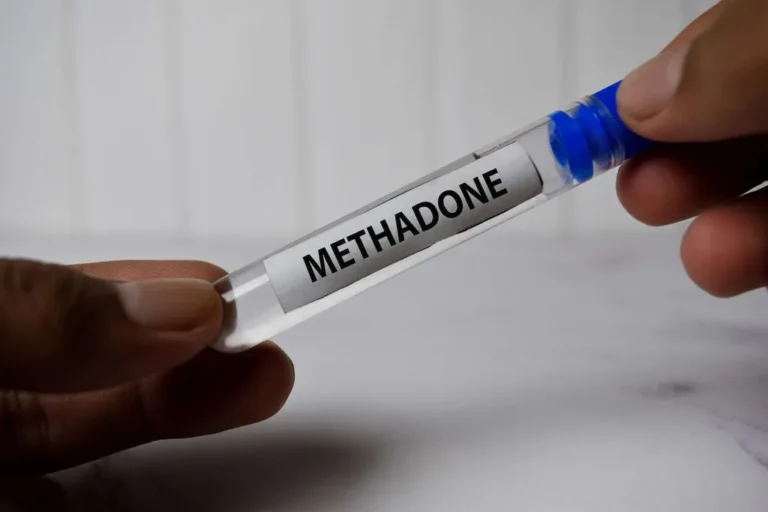They may exhibit traits such as irritability, resentment, and a sense of entitlement—reminiscent of their behavior during active addiction. It is a misconception that when an addicted person or alcoholic stops using and enters sobriety, they will be completely restored from old patterns of harmful behavior. When an individual enters treatment for a drug or alcohol addiction, the immediate goal is to stop drinking or using drugs. But to do so, individuals must fix and change old habits and relationships.
Is it always a sign of a relapse?
At first, he just drank casually at parties with friends, yet his drinking soon occurred more often. In college, his drinking habits were considered “normal” due to the widespread social acceptance of binge drinking. If you wish to contact a specific rehab facility then find a specific rehab facility using our treatment locator page or visit SAMHSA.gov. All Addiction Resource content is medically reviewed or fact checked to ensure as much factual accuracy as possible.
Is The Term “Dry Drunk” Offensive?
The term also describes someone who returns to an immature mindset1 after years or decades of impairment—arguably, back to how old they were when they began drinking. The primary role of a friend or family member to a person in recovery is to provide support and reflect the positivity one can find in a life free from addiction. This is especially important when an individual is dealing with dry drunk adderall xr amphetamine dextroamphetamine mixed salts syndrome. If you continue to engage with and support your loved one throughout this difficult time, they may find it easier to push on and continue the tough yet rewarding work of recovery. Dry drunk syndrome operates almost exclusively within a person’s mind. In fact, psychologists since 1955 have maintained that working on one’s “inner life” is the key to overcoming the dry drunk mentality.
What Are Some Symptoms of Being a Dry Drunk?
In a way, the symptoms of sober drunk mimic the emotional and mental states of an alcoholic. If your loved one is acting along the above lines, you may feel like you need to “walk on egg shells,” watch every move or word as you don’t want to incite an angry exchange. I have heard clients say that at least when their loved one was drinking they knew what to expect. Knowing the signs that signal impending relapse can help the dry drunk initiate proactive steps to get through the crisis. Reaching out for help from a treatment professional and sponsor and peers in AA are crucial at this time. By the time addiction fully develops, drug use can be deeply ingrained in a person’s psyche.
- These activities not only improve your physical health but also boost your mood and serve as constructive outlets for stress and boredom.
- From stress management techniques to communication skills, these programs ensure that individuals can navigate daily challenges effectively.
- When one understands the nature of alcohol addiction and how it affects the individual’s mind, it is easy to understand why these syndromes develop.
Support positive habits
These include frustration and annoyance—even a serious mental health issue such as depression and anxiety. It’s much easier to excuse dry alcoholic behavior by insisting that habits are under control or no real harm resulted. Thinking that you’ve always got control of the situation when it’s clear to others that this isn’t so is a sign that you may be a dry drunk, whether you realize it or not.
Try to remember this isn’t necessarily a situation they chose to be in. It’s equally important to explore the habits and reasons behind your drinking, ideally with a qualified therapist. “Treatment should focus on understanding and treating why someone turned to alcohol,” Turner says. Still, there are things you can do to manage these symptoms and minimize their impact on your life. Symptoms can also seem to resemble a late withdrawal, as some treatment professionals have pointed out.
After a loved one has stopped abusing alcohol, we sometimes expect the worst to be over. However, there can be very real concerns with relapse and how to help them manage their newfound sobriety. Therapy can help an individual understand what led them to abuse alcohol, and how to manage those issues in a way that can help more than turning back to alcohol. Understanding how a person develops dry drunk syndrome can be helpful when trying to manage the symptoms. However, for a newly sober person, managing stress can feel overwhelming.
If you are seeking drug and alcohol related addiction rehab for yourself or a loved one, the SoberNation.com hotline is a confidential and convenient solution. Engaging in regular physical activity and hobbies can also help redirect your focus and energy into positive outlets. Establishing a reliable support network of friends, family, or support groups who understand the struggle of recovery is invaluable. To find another treatment bath salt drugs program, browse the top-rated addiction treatment facilities in each state by visiting our homepage, or by viewing the SAMHSA Treatment Services Locator. The helpline at AddictionResource.net is available 24/7 to discuss the treatment needs of yourself or a loved one. This helpline is answered by Legacy Healing Center, an addiction treatment provider with treatment facilities in California, Florida, Ohio, and New Jersey.
True recovery requires individuals to look inward and get to the root of the emotional pain that led to addiction in the first place. It’s about learning how to manage and regulate difficult emotions and the challenges of life as they arise. If you’re on the journey of recovery, recognizing the signs of being a dry drunk can be a critical step towards transformative recovery.
Remember to go easy on yourself and develop a pattern of self-care along with a treatment plan that will stave off or even avoid dealing with dry drunk syndrome in the first place. Complacency is not only an attitude of somebody https://sober-home.org/alcoholism-causes-risk-factors-and-symptoms/ with Dry Drunk Syndrome, but also a red flag for anyone who is well into the relapse process. A key facet of being in recovery is moving forward in the right direction, regardless of how fast or slow you’re going.
Of course, it’s important to set (and enforce) clear boundaries around behavior that affects you negatively, like angry outbursts or dishonesty. But it’s also important to cultivate patience as they work toward making changes. Even if they direct these emotions toward themselves, their emotional state can affect yours.



